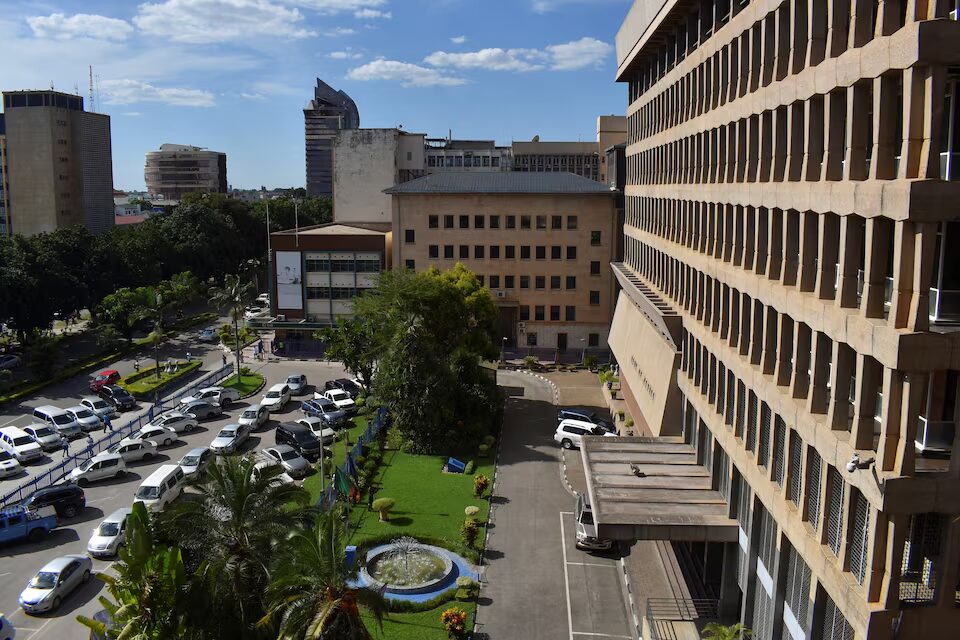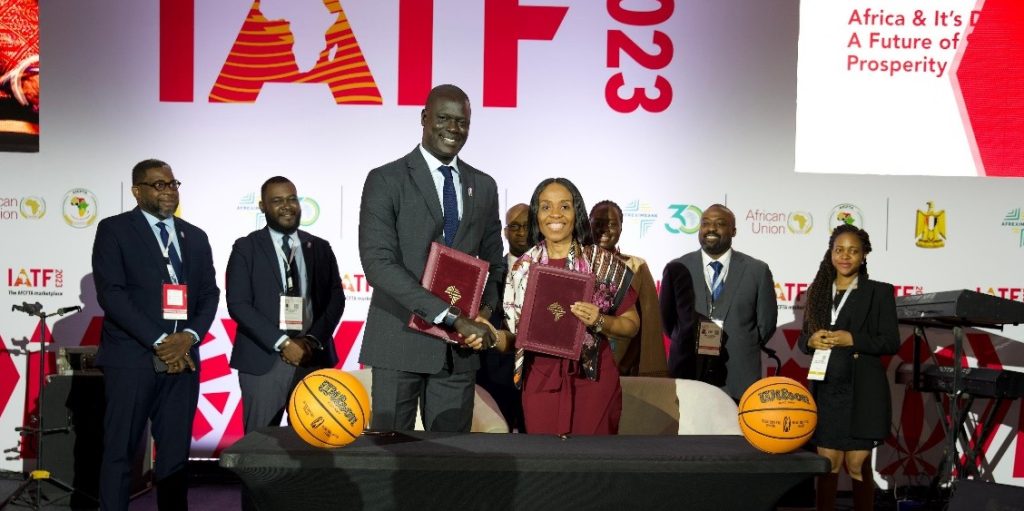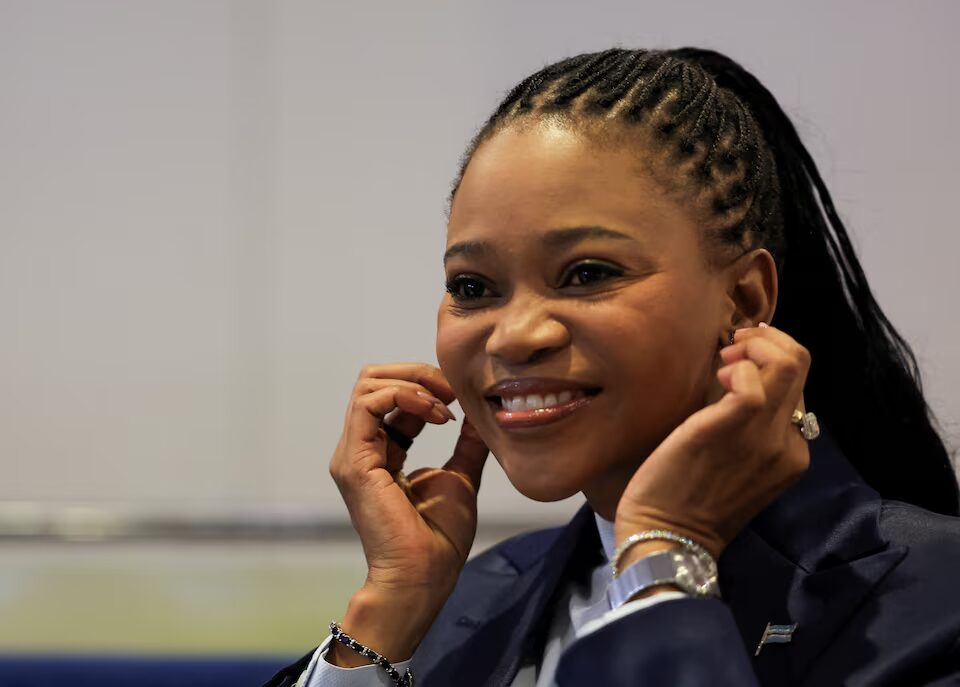
Friday 12th September 2025

by inAfrika Reporter
On a week when the Intra-African Trade Fair (IATF) chalked up a record $48.3 billion in signed deals, the Basketball Africa League (BAL) and Afreximbank quietly extended a partnership that reads less like sponsorship and more like ecosystem building. The expansion adds two levers: “BAL Advance: Next Play,” designed to upgrade players’ financial literacy and entrepreneurship, and “BAL Future Pros,” a year-round pipeline for early-career sports professionals. Applications open this month—an on-ramp for Africans who see sports as a serious industry, not a side hustle.
It’s a smart lockstep with CANEX, Afreximbank’s creative-economy program that is turning fashion, music, film—and now sport—into bankable assets. Consider the signaling: a masterclass on the business of sport led by 2011 NBA champion Ian Mahinmi, followed by a BAL4Her camp for 20 U-23 women at Staouéli Court. The thesis is straightforward—skills, networks and visibility are as investable as bricks and mortar when you’re building a continental league.
Why should trade people care? Because sports money multiplies along supply chains—broadcast rights, apparel manufacturing, events, hospitality, travel tech, even payments. When Afreximbank shows up with financial literacy for athletes and a talent funnel for sports managers, it’s lubricating transaction flow the same way it does with exporters. And IATF’s $48.3 billion haul sets the macro backdrop: capital is there; credible projects win.
The BAL’s model—12 clubs, FIBA-NBA partnership, Dakar HQ—already proved out fan appetite across North, West and Southern Africa. The 2026 season becomes the test of whether “Next Play” and “Future Pros” can convert soft power into mid-sized businesses: content studios in Lagos and Dar, apparel clusters in East Africa, performance-tech startups in Nairobi, and sports-tourism circuits stitched into new flight schedules. For ministries of sport and trade, the policy unlocks are pragmatic: IP protection for local creators, tax clarity for touring productions, and export-credit tools adapted to creative contracts.
For Tanzania and the wider EAC, this is an invitation. Our apparel and leather players want higher-margin orders; our broadcasters need African sports IP; our hotels and event spaces crave predictable calendars. The BAL-Afreximbank roadmap says: professionalise the people, formalise the deals, and monetise the culture. If you’re a bank, design athlete-entrepreneur products. If you’re a university, bolt sports-biz modules onto media and business degrees. If you’re a city, pitch to host BAL-adjacent camps and fan festivals tied to tourism seasons. The opportunity is less about dunk highlights and more about nurturing an industry where African talent owns a bigger share of the P&L.


